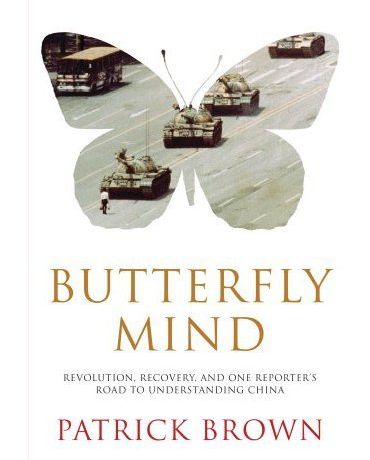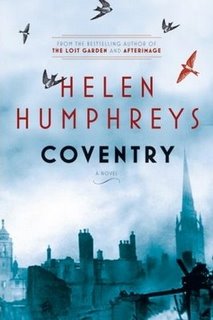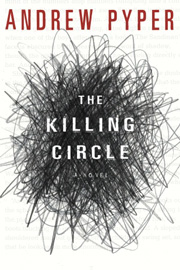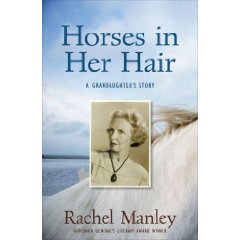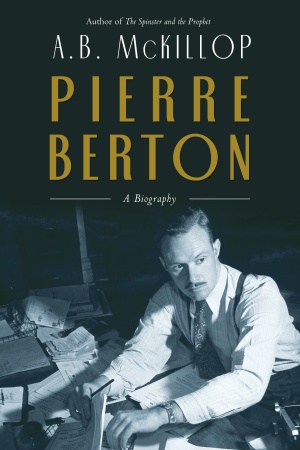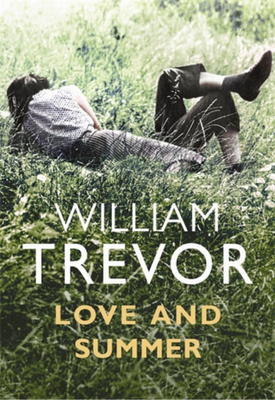 This is the story of two lonely young people in Ireland, one of them married, who fall in love for a summer that was always doomed to come to an end.
This is the story of two lonely young people in Ireland, one of them married, who fall in love for a summer that was always doomed to come to an end.
William Trevor takes you close into the lives of Ellie and Florian. This is small-town, rural Ireland where everyone knows what is happening in the big house, as well as the smaller ones. All the characters come alive as they watch this gentle love affair.
Ellie’s husband had lost his own wife and baby in a horrific accident on the farm he ran. Ellie was an orphan,chosen by the nuns to look after and eventually marry this older farmer. Florian is the only child of two watercolourists. He grew up in a big house and was lost when his parents died, leaving him without any apparent ambition or training. He met Ellie in a nearby town, where he was practising photography. He was also planning to sell the house, and live abroad, possibly as a writer.
There is something inevitable about their love and at the same time touchingly sad. Trevor is deft in his sketches of all the lives involved. He also paints a beautiful picture of the lakes, flowers and birds that enhance the green countryside. The Irish voices ring out musically and a whole new world comes to life – totally entrancing, in 200 short pages.
Trevor lives in County Cork. He has written many novels, and short stories, and won many prizes. His last book “The Story of Lucy Gault” was shortlisted for both the Man Brooker and the Whitbread Fiction Prize.
Review by Anne McDougall
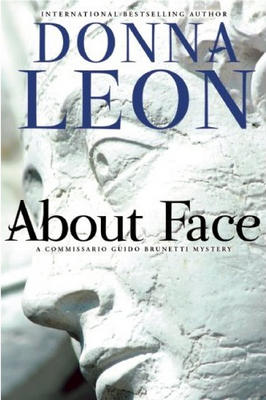 Donna Leon is a generous writer. Anyone who has read any of her seventeen mystery novels to date will know that she gives not one story but three.
Donna Leon is a generous writer. Anyone who has read any of her seventeen mystery novels to date will know that she gives not one story but three.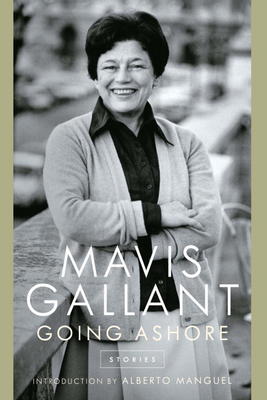 Mavis Gallant is our best-known expatriate writer. She has won all the top prizes Canada has to offer, including Companion to the Order of Canada, and is also recognized internationally as a Foreign Honorary Member of the American Academy of Arts and Letters, and a Fellow of the Royal Society of Literature.
Mavis Gallant is our best-known expatriate writer. She has won all the top prizes Canada has to offer, including Companion to the Order of Canada, and is also recognized internationally as a Foreign Honorary Member of the American Academy of Arts and Letters, and a Fellow of the Royal Society of Literature.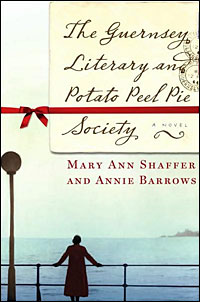 This is a simply delightful little novel set mainly on the island of Guernsey, the British island once occupied by the Nazis.
This is a simply delightful little novel set mainly on the island of Guernsey, the British island once occupied by the Nazis.